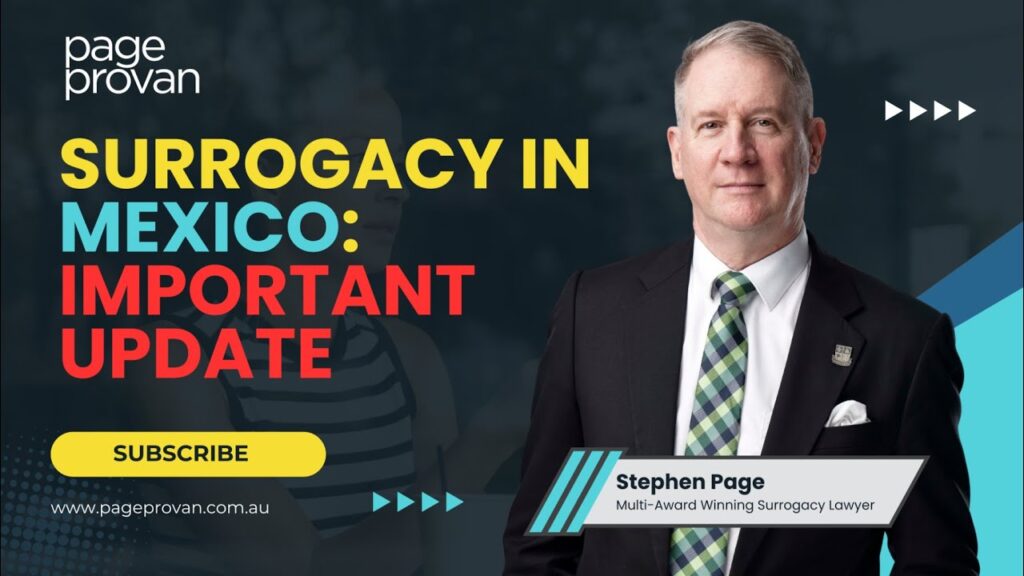Federal Magistrates Court: gambling, staying in the home
I am often asked by clients about how property settlement might change because of the other party’s drinking or gambling problem, or because one of the parties stays in the home.
A good illustration of the limitations of both these arguments is shown in the recent Federal Magistrates Court case of Tozer and Tozer. Federal Magistrate Altobelli had to consider the wife’s arguments that the husband should receive less because he had a gambling problem, and because she had stayed in the home, including paying the mortgage.
His Honour rejected the wife’s case on these points:
The wife’s case is that the husband was addicted to gambling, that this was without her consent or support and knowledge, and that this amounted to a negative contribution made by him. It is clear that the wife’s case involved quite a considerable amount of evidence designed to attempt to establish and then quantify the extent of the husband’s gambling activities. When the evidence is carefully examined however, there remains a real doubt about the precise extent of the husband’s gambling activities. Whilst he sought to minimise the extent of this, I am satisfied that the wife sought to minimise the extent to which she was aware of the husband’s gambling and either supported or acquiesced in relation to the same. All of the schedules and asserted calculations produced by the wife as part of her case to demonstrate the extent of the husband’s gambling is quite inconclusive. At the end of the day the only reliable matter that the court can proceed on is a concession made by the husband’s counsel that the evidence indicate that over a period of about six years the husband seems to have used $53,000 for his own purposes and even then it is unclear how much of this was attributable to gambling. It does seem clear from the evidence produced that both the husband and the wife consumed alcohol regularly, attended clubs regularly and invested in race horses. The husband, through his counsel, concedes that the maximum loss on gambling was $35,000 over a period of six years which, he submits, amounts to about $120 per week. Counsel for the husband submits that even on a worse case scenario, this does not amount to waste or a negative contribution. The solicitor for the wife, in closing submissions, submits that the evidence indicates gambling losses of $134,067. I do not agree that that is what the evidence indicates.
The wife’s case for negative contribution and/or waste is not established on the evidence. Even if the husband was gambling $120 a week for a period of years I am not satisfied that, on the evidence before me, such expenditure was disproportionate to reasonable lifestyle expenditure by this family. Even the wife conceded in cross-examination that at no stage was there a default in the mortgage payments. She gives no evidence of inability to pay debts as and when they fall due. I am not satisfied, therefore, that any gambling expenditure in this case was incurred recklessly, negligently or wantonly, or with a view to minimise the value of that matrimonial assets.
Finally, the wife asserts that she made a post-separation contribution by paying all outgoings on the former matrimonial home since separation, including the mortgage. The husband does not dispute this but points out that the wife had the benefit of occupation of the property whereas he was paying rent/board for his accommodation. I do not believe it is appropriate to make an adjustment for post-separation contribution as asserted by the wife, in the circumstances of this case. She clearly had the benefit of occupying the former matrimonial home but to the exclusion of the husband, in this period. (emphasis added)












